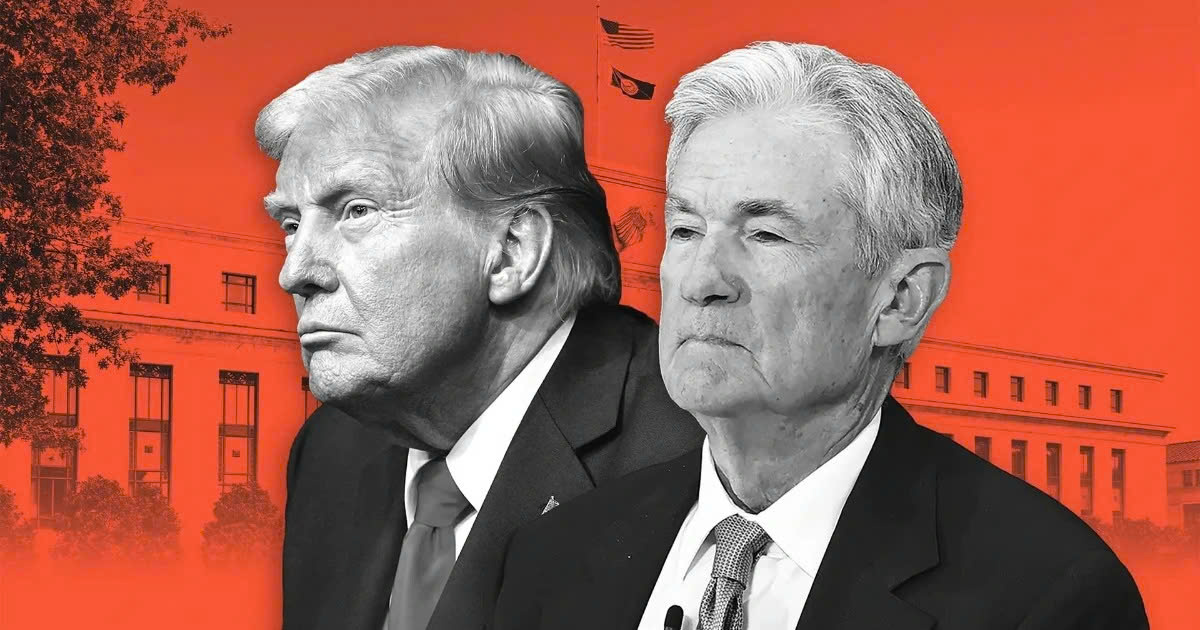FxGlobalHub: Thai Finance Minister Hopes for Trade Talks with US Officials Soon
Updated: 2025/04/11 19:12:21
Thai Finance Minister expresses hope for early trade discussions with the US. Analyzing the potential impact on the Thai currency market and gold, along with related macroeconomic factors.

Thai Finance Minister Hopes for Early Trade Talks with US
Thailand's Finance Minister has expressed hope that trade issues with US officials can be discussed as soon as possible. This information comes amid changes and challenges in trade relations between Thailand and the United States.
Thailand - US Trade Context
Thailand and the United States have a long and complex trade relationship. The United States is one of Thailand's important trading partners, with annual import and export turnover reaching significant levels. However, in recent years, there have been tensions and disagreements related to issues such as trade deficits, intellectual property rights, and labor standards.
Expectations from Trade Negotiations
The expression of the Thai Finance Minister's desire for early negotiations shows that the Thai government values trade relations with the United States and wishes to resolve existing issues through dialogue. A successful negotiation could bring many benefits to both sides, including increased trade, investment, and economic cooperation.
Potential Impact on Currency and Gold Markets
Information about the possibility of trade negotiations may impact the currency and gold markets in Thailand. If investors believe that negotiations will be successful and benefit the Thai economy, the Thai baht (THB) may appreciate against the US dollar (USD). Conversely, if there are concerns about the potential failure of negotiations, the baht may weaken. Regarding the gold market, fluctuations are usually less direct and depend on the general sentiment of global financial markets.
Important Macroeconomic Factors
In addition to factors related to trade negotiations, Thailand's macroeconomic situation also plays an important role in shaping the currency and gold markets. These factors include GDP growth, inflation, interest rates and the balance of payments. Closely monitoring these indicators is crucial to assessing Thailand's economic outlook and the potential impact on financial markets.
GDP Growth
Thailand's GDP growth indicates the overall health of the economy. If GDP grows strongly, it shows that the economy is performing well and can support the Thai baht. Conversely, if GDP growth slows or declines, the baht may be under downward pressure. Comparing with the same period last year helps to identify trends and growth dynamics.
Inflation
Inflation is a measure of the general increase in the price of goods and services in an economy. High inflation can reduce the purchasing power of money and put pressure on the central bank to raise interest rates. This can affect the value of the baht and the gold market.
Interest Rates
Interest rates are the cost of borrowing money. Central banks often use interest rates to control inflation and stabilize the economy. Higher interest rates can attract foreign capital and support the baht, while lower interest rates can encourage domestic investment and consumption.
Balance of Payments
The balance of payments is a record of all economic transactions between a country and the rest of the world. A balance of payments surplus shows that the country is exporting more than it imports, which can support the currency. A balance of payments deficit can put pressure on the currency.
Related Financial Terms
To better understand the factors affecting the currency and gold markets, it is necessary to understand some important financial terms:
- Exchange rate: The value of one currency compared to another.
- Base interest rate: The interest rate that the central bank applies to short-term loans to commercial banks.
- Monetary policy: Measures that the central bank uses to control the money supply and interest rates to stabilize the economy.
- Foreign exchange market: The global market where currencies are traded.
Trump Hints at Russia-Ukraine Peace Deal: Gold to Tumble, Forex to Surge?
2025/04/18 23:51:07

Daily news: Trump intensifies conflict with FED over interest rates, accuses Powell of "Playing politics"
2025/04/18 10:31:03

US Stocks Rise: What's Next for Gold & Forex?
2025/04/18 01:27:19

Trump's Mineral Deal: Gold & Forex Markets Brace for Impact!
2025/04/18 00:54:04

US Oil Rig Count Creeps Up: Is Gold & Forex About to Rumble?
2025/04/18 00:02:06

US Oil Rig Count: Will Gold & Forex Markets React in the Next 10 Minutes?
2025/04/17 23:50:39

EU Trade War Threat: Will Gold & Forex Markets Explode?
2025/04/17 23:46:16

US Stocks Rebound: Gold & Forex Under Pressure? Expert Analysis Inside!
2025/04/17 23:31:59
